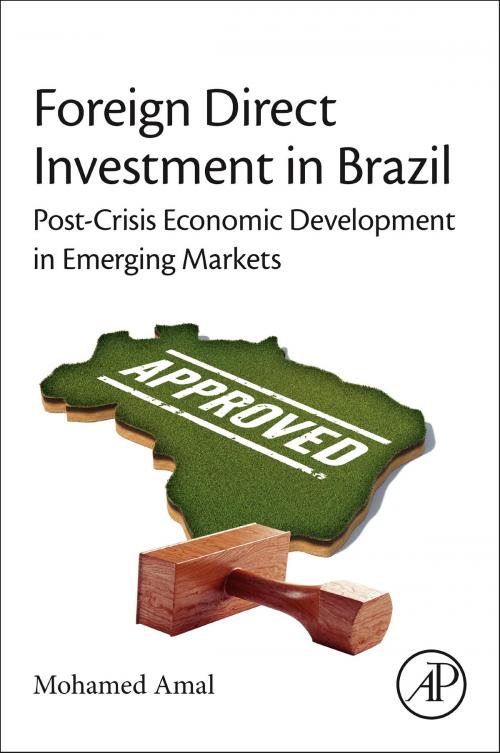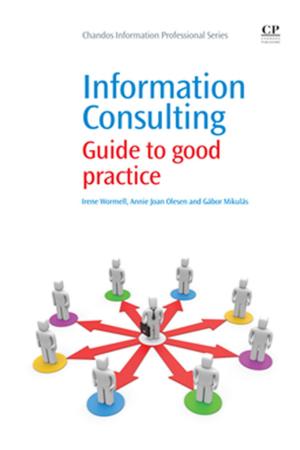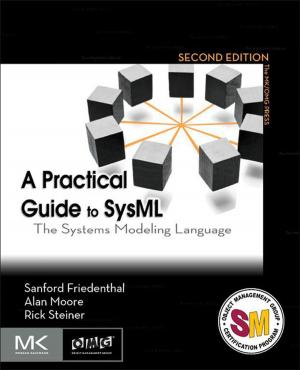Foreign Direct Investment in Brazil
Post-Crisis Economic Development in Emerging Markets
Business & Finance, Economics, International, Finance & Investing, Finance| Author: | Mohamed Amal | ISBN: | 9780128020968 |
| Publisher: | Elsevier Science | Publication: | June 2, 2016 |
| Imprint: | Academic Press | Language: | English |
| Author: | Mohamed Amal |
| ISBN: | 9780128020968 |
| Publisher: | Elsevier Science |
| Publication: | June 2, 2016 |
| Imprint: | Academic Press |
| Language: | English |
Foreign Direct Investment in Brazil: Post-Crisis Economic Development in Emerging Markets explores both the inward and outward ways foreign direct investment (FDI) can help Brazil sustain economic growth and development in the sometimes hostile post-global crisis era. Inward and outward FDI have major roles to play in reviving Brazil’s growth momentum and the country’s transition to a new growth paradigm less dependent on commodity exports. The book provides a comprehensive discussion on the analytical framework of FDI and the policy environment influencing the patterns and development of FDI in Brazil. It compares Brazil to other developing countries, but its focus rests on how, and to what extent, the global crisis is shaping the Brazilian institutional environment and its implications for FDI.
- Covers an important contemporary development issue focusing on the experience of one of the fastest growing and largest emerging economies in the world
- Presents econometric findings using data at different levels of aggregation
- Provides an in-depth study on the determinants of FDI and their relations to institutions
- Explores both the inward and outward ways foreign direct investment (FDI) can help Brazil sustain economic growth and development in the sometimes hostile post-global crisis era
Foreign Direct Investment in Brazil: Post-Crisis Economic Development in Emerging Markets explores both the inward and outward ways foreign direct investment (FDI) can help Brazil sustain economic growth and development in the sometimes hostile post-global crisis era. Inward and outward FDI have major roles to play in reviving Brazil’s growth momentum and the country’s transition to a new growth paradigm less dependent on commodity exports. The book provides a comprehensive discussion on the analytical framework of FDI and the policy environment influencing the patterns and development of FDI in Brazil. It compares Brazil to other developing countries, but its focus rests on how, and to what extent, the global crisis is shaping the Brazilian institutional environment and its implications for FDI.
- Covers an important contemporary development issue focusing on the experience of one of the fastest growing and largest emerging economies in the world
- Presents econometric findings using data at different levels of aggregation
- Provides an in-depth study on the determinants of FDI and their relations to institutions
- Explores both the inward and outward ways foreign direct investment (FDI) can help Brazil sustain economic growth and development in the sometimes hostile post-global crisis era















